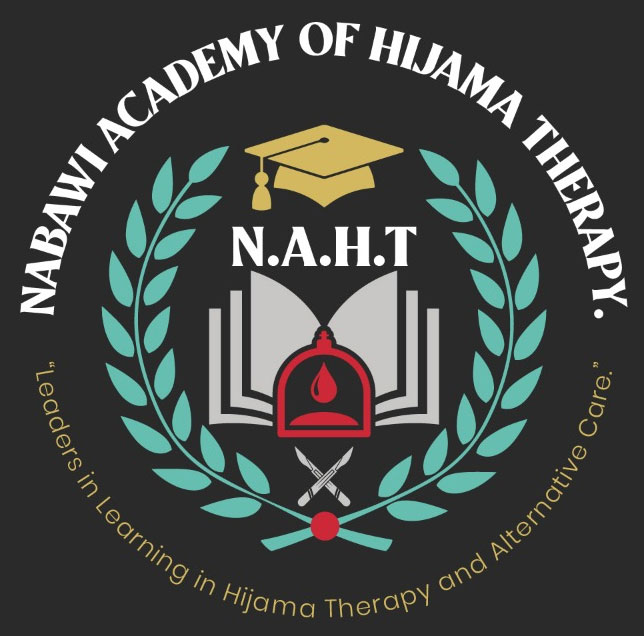Homeopathy & Homeopathic Medicine.
Homeopathy is based on the principle of ‘like cures like’ also called the ‘law of similar’. German physician Samuel Hahnemann developed and described alternative medicine in 1796. Samuel Hahnemann (1755-1843) was a German doctor who became dissatisfied with the medical practices of his time; where use was made of toxic substances like arsenic, copper, mercury, and lead.
What is homeopathy in simple terms?
An alternative approach to medicine believes that natural substances, prepared in a special way and used in very small amounts, restore health. According to these beliefs, in order for a remedy to be effective, it must cause in a healthy person the same symptoms as being treated in the patient. Homeopathic remedies can be prepared using extracts from plants, animals, minerals, and immaterial sources.
What are the founding principles of homeopathic medicine?
The basic principle of homeopathy is that a substance that triggers a certain disease can also be used to treat that disease. This is called the “Law of Similarities”. In addition to the “like cures like” principle, homeopaths prepare remedies by shaking the substance and diluting it, which increases its potency- potentization or succussion.
Homeopathy can treat a range of diseases with great success, such as:-
- Respiratory conditions such as; Asthma, Bronchitis, Hay fever, etc.
- E.N.T Conditions and Infections.
- Mental health & Psychosomatic conditions, such as Depression, Stress and Anxiety.
- Allergies, such as food allergies, Dermatitis (an allergic skin condition).
- Diseases of Joints & Muscles such as Arthritis, Rheumatism. Osteoarthritis
- Cardiac and circulatory diseases such as poor circulation, Low & High blood pressure.

